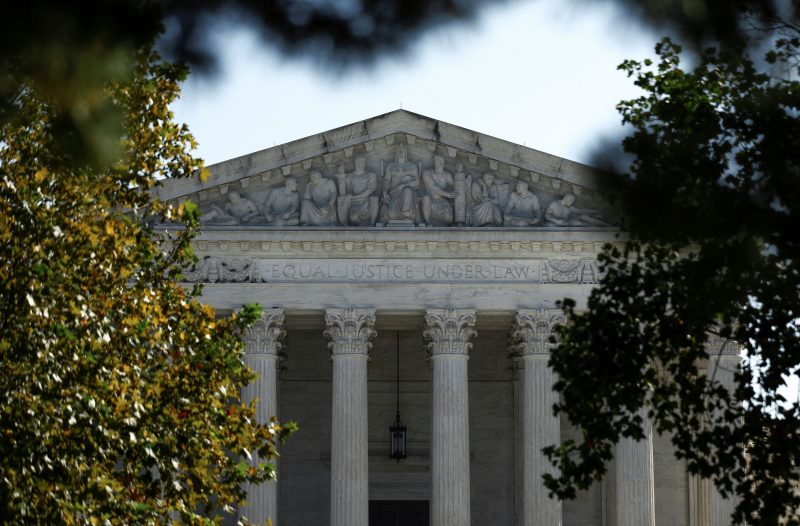The use of social media by public officials has been thrust into the spotlight again, showcasing fundamental debates concerning free speech and the use of ‘digital public forums’ by those with a platform.
The Supreme Court recently heard oral arguments concerning the case of Knight First Amendment Institute v. Trump, which focuses on the blocking of critics from Donald Trump’s official @RealDonaldTrump Twitter account. The case hinges on the issue of whether or not blocking followers from a public official’s social media account constitutes a form of viewpoint discrimination, i.e. the act of blocking an individual purely based on a disagreement in political or other views.
The case was initially brought to court by The Knight First Amendment Institute at Columbia University, who argued that Trump’s social media activity constituted a ‘public forum’ of sorts, and any censorship of dissenting voices by Trump’s team was a violation of the First Amendment. They also stated that social media accounts such as Trump’s had been instrumental for him to maintain a public dialogue and rather than using the platform to inform the public, he was using blocking features to limit the conversation.
Donald Trump was represented in court by the Justice Department, who argued that his tweets were constituted as a form of individual speech, and because of this blocking was not technically a form of public barring. The Justice Department argued that Trump’s blocking of people on Twitter would more accurately be seen as him turning away from a conversation involving himself rather than a public forum.
This is not the first case concerning the First Amendment on a public official’s social media to be brought to court, but is being predictably met with much scrutiny and attention due to the subject matter. Social media now plays a key role in the lives of many, and the implications of this case stretch beyond the Trump administration to the realm of public officials in general.
To quote Justice Sonia Sotomayor “We’re looking at cutting-edge issues”, and with the judgment expected later this year, the high court will have the difficult task of deciding which viewpoint is correct and how this case will set a precedent for public officials and their use of social media.

